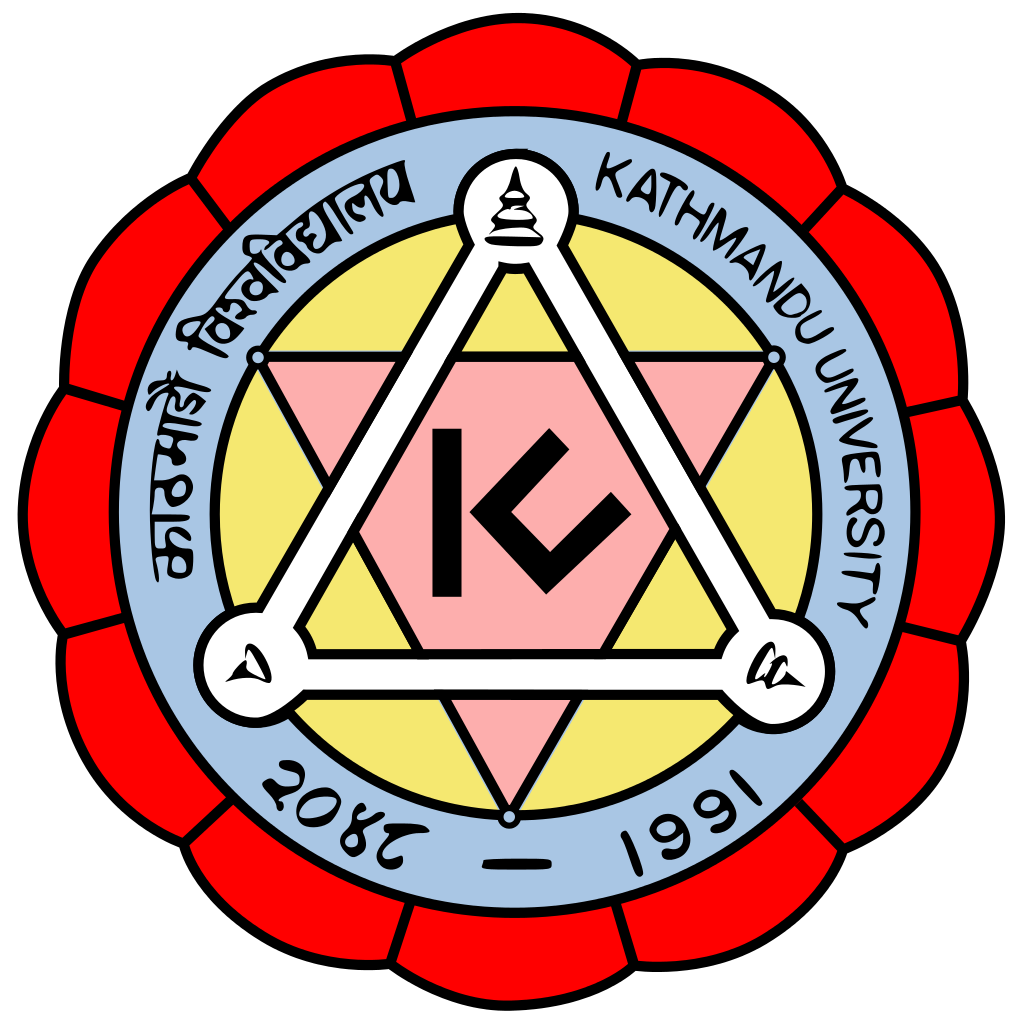KU School of Arts
Kathmandu University School of Arts (KUSOA) has made a tremendous effort for the community. The institution has been involved with the community for a long time with different purposes such as youth engagement in rural areas, sustainability, community-based development activities, women empowerment, and strengthening students’ learning process through field-based study to help the community.
Representatives of the school
-
sujan@kuart.edu.np: Department of Art and Design
chandra.pandey@ku.edu.np: Department of Community Development
megh@ku.edu.np: Department of Development Studies
uddhab.pyakurel@ku.edu.np: Department of Development Studies
Some of the notable work of the school which has set positive results in the community are listed below:
Rebuilding Bungamati – Post Earthquake Community Project (April-July 2015)
Road to COP26 Innovation Grant Programme (Nov 2020-Nov2021) / Ongoing
Transboundary Civic Engagement Project with ICIMOD (2017-2019)
Community Resilience Project (2020 -ongoing)
Engaging the students in Community Rural Internships for three months every year has helped students learn and understand the problems of rural areas. Identifying those problems has allowed the institution to come up with solutions.
Interaction Project with University of Washington and Community Development Program, SOA, KU (2017-2020)
School of Arts collaborates with the local government, including wards, village development communities, municipalities. It has also partnered with various national and international agencies like International IDEA, Plan International Nepal, Government of Nepal. KUSOA has expanded its benevolent activities outside its proximity to many remote areas of the country. Apart from Kathmandu, KUSOA has engaged with the communities in Kavre, Chitwan, Parasi, Gorkha, Makawanpur, and many other provincial and development committees to benefit these areas for a time period of a minimum of 3 months to 2 years. KU also involved local people in the training, workshops, orientation, data collection, and mentoring.
With all those efforts, many positive impacts are seen on the local and community levels. Rebuilding the Bungamati project has enabled shelter, health, environment, education, livelihood, and preservation of cultural heritage. Similarly, the road to COP26 has enabled craft, sustainability, climate change, and women empowerment. The other projects have also made a positive contribution to the community. Each project has enabled youth and public participation. Social learning and other benefits were seen as positive outcomes from each of the projects. It has helped in the economic expansion, fiscal expansion, changing the orthodox belief of the society, and more. The local community, government, and students were mutually benefitted. Students were able to learn practical knowledge and life skills. Such projects have enabled service-learning and helped students to gain field exposure. Many of the projects are also integrated into the curriculum, inspiring students to do something for the community.
